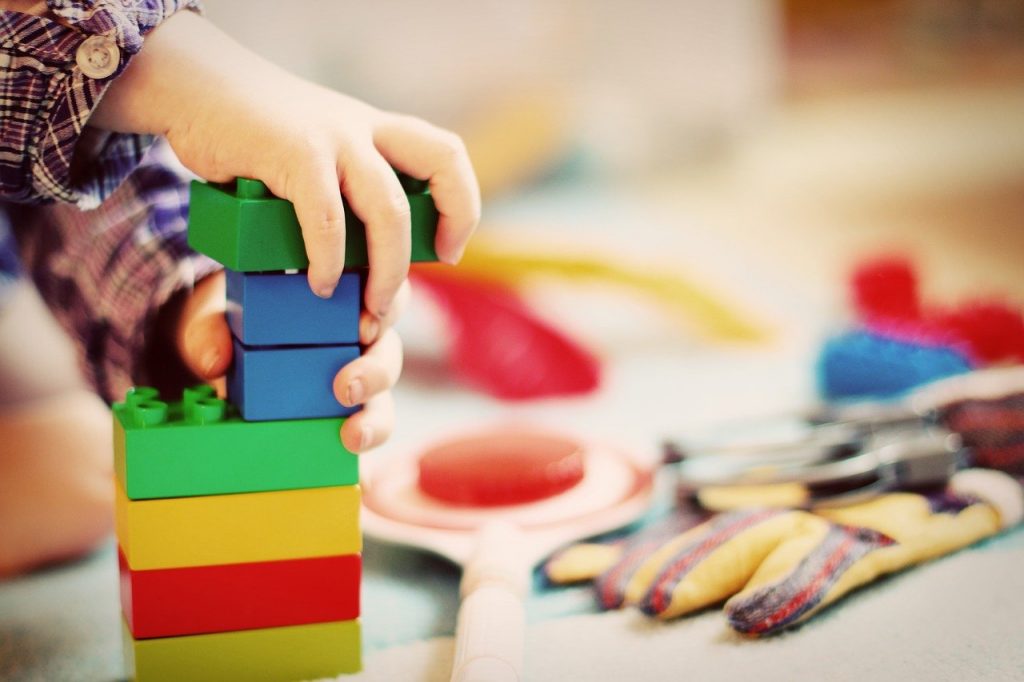
When you have ADHD, you may feel like you’re on a highway in Lagos — everyone’s driving like their bonnet’s on fire. This can feel extremely overwhelming, but you have no choice. Consequently, we have put together self-help tips for ADHD to help people cope.
There’s a general belief that mental health challenges can’t be cured or managed – it’s something you’ll be stuck with for the rest of your life. This is one of the reasons that people who are newly diagnosed with a mental health condition stay in denial.
But, this isn’t the truth.
The more we advance, the more interventions we find in managing ADHD. Currently, curing ADHD is not possible, but with early diagnosis and management, it can be managed effectively.
So, dear friend, there’s hope for you, a friend, or a family.
Unfortunately, many people in Nigeria can’t afford proper sessions with a professional, such as a developmental psychologist. Therefore, they don’t even bother to seek help.
The good news is there are ways, self-help tips, that can be used to manage ADHD so it doesn’t affect your daily activities.
Here are some self-help tips to manage Attention Deficit Hyperactivity Disorder:
Say NO:
Let’s paint a scenario.
You’re preparing a presentation while thinking of when you’re going to have to pick the kids. Out of the blues, you remember tonight’s the beginning of the football season and you wonder what team is playing this season. Then, suddenly, you remember you forgot to wash your Sunday outfit, and you promised to call your mother and wish her a happy birthday. Just as you are trying to focus, a friend you were supposed to meet today calls. He’s angry with you and reminding you of all the many times you’ve done this before. You feel bad, so you decide meeting on Sunday won’t be so bad. After all, you’ve done his before so many times. You’re a multitasker. You hang up and that’s when you remember – you’re hosting an event at church on Sunday.
ADHD minds usually have one thing in common – they often take up more than they can handle. Most times, they think can handle it, but it’s important to know when to say no.
If you are feeling overwhelmed, its best to just say “No”
Set Boundaries:
With ADHD it’s important to know your limits.
How many tasks can you perform in a day? Of what nature must the tasks be? What interests you? What can you not stand?
Knowing when to say, “I can’t handle this” is a great self-help tip to manage ADHD.
ADHD minds tend to take on a lot of work, just as they tend to have numerous thoughts at the same time. All that can be overwhelming and tiring.
Moreover, they might even realize that they’re not getting any work done, and start hating themselves.
So, it’s important for the ADHD mind to know their limits. They need to not what they can handle, so they can set boundaries.
Setting boundaries helps to ensure they’re not taking up more than they can handle.
Use sticky notes, set alarms:
Sticking to a planner, or scheduler, might be easy for a non-ADHD mind, but for the ADHD mind, it’s like trying to get a grip on water.
When you’re ADHD, it’s better to have our tasks all up on your face than to have it tucked away in a book somewhere. This is why sticky notes are very important.
Set alarms and make sticky notes a part of your daily life. This helps you to remember tasks that are urgent and reminds you to keep your focus. They can also motivate you to keep to your current tasks or schedule
Set timers:
One thing that comes with ADHD is hyperfocus.
Just like how Michael Phelp couldn’t pay attention in class but could spend three hours swimming and not get tired. That’s how it is for others with ADHD.
One of your biggest issues is knowing when to stop and just take a breather.
You can be researching until late at night, working on that project until the morning comes, or playing games for hours. Whatever it is, you’ll find that you have little control over the time you spend on tasks.
Setting timers help you record the time you spend on tasks. It shows you tasks you seem to enjoy more based on the duration of time you spent on it. It also helps you regulate the amount of time you spend on a task. Most of all, it reminds you when to stop
Educate others:
Probably the best way you can help yourself as an ADHD mind is by educating others on what exactly it means. There are still so many people who are ignorant of what ADHD means. So when you start spacing out, blurting out words, fidgeting, or simply not replying to texts, it’ll hurt them.
It’s important to remember that ADHD is no one’s fault. You can’t blame them for not understanding and getting angry, and they can’t blame you for how your brain works.
Educating others builds tolerance, and it will save you a lot of stress in the future. People around you would learn to adjust and make accommodations for you. You would also have fewer expectations and pressure placed on you
Creating a flexible schedule:
An ADHD mind needs to realize that it cannot be rigid. Trying to be rigid might just push them into self-despair and loathing. Your schedule needs to be flexible.
Having and setting goals with fixed deadlines is good, but might not be ideal for an ADHD mind. Set flexible deadlines or pseudo deadlines to trick your brain into working early.
Remember that early diagnosis is critical to effectively managing ADHD. If you need help, either as an adult or child, contact us to book a session.
Discover amazing ways to live your best life.
Delivered to your email every Tuesday and Saturday
